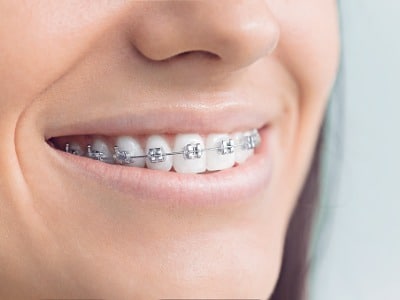
- See if you can push it back into place
If a wire pulls loose a little it might not be completely out of the bracket. If this is the case, you can use a finger to push it back into place. In other instances, you can guide the wire back into the tube.
Orthodontist Scarborough, ME Invisalign | Southern Maine Orthodontics
Orthodontist Scarborough, ME Invisalign braces | Southern Maine Orthodontics

If a wire pulls loose a little it might not be completely out of the bracket. If this is the case, you can use a finger to push it back into place. In other instances, you can guide the wire back into the tube.

You may be wondering what does asthma have to do with cavities. When people aren’t easily able to draw in their breath, most people compensate by breathing through their mouths. This causes your mouth to dry out. Insufficient saliva leaves you more vulnerable to decay-causing bacteria because saliva helps to protect and clean your teeth. Moreover, asthma and allergy medications themselves can cause even more dryness on top of mouth breathing. In short, it’s not a good combination.

Virtual appointments remove the need to sit and wait while being exposed to others who may carry the virus. In many cases, your appointment will start with you entering a virtual waiting room until your appointment begins. Once ready, you will be taken out of the “waiting room” and into the main call to start the appointment. Read More

From Bill Nye to YouTube, DIY science experiments are a fun way for kids to learn while using resources from around the house. Check out this video for 10 fun DIY experiments you can do at home. Read More

